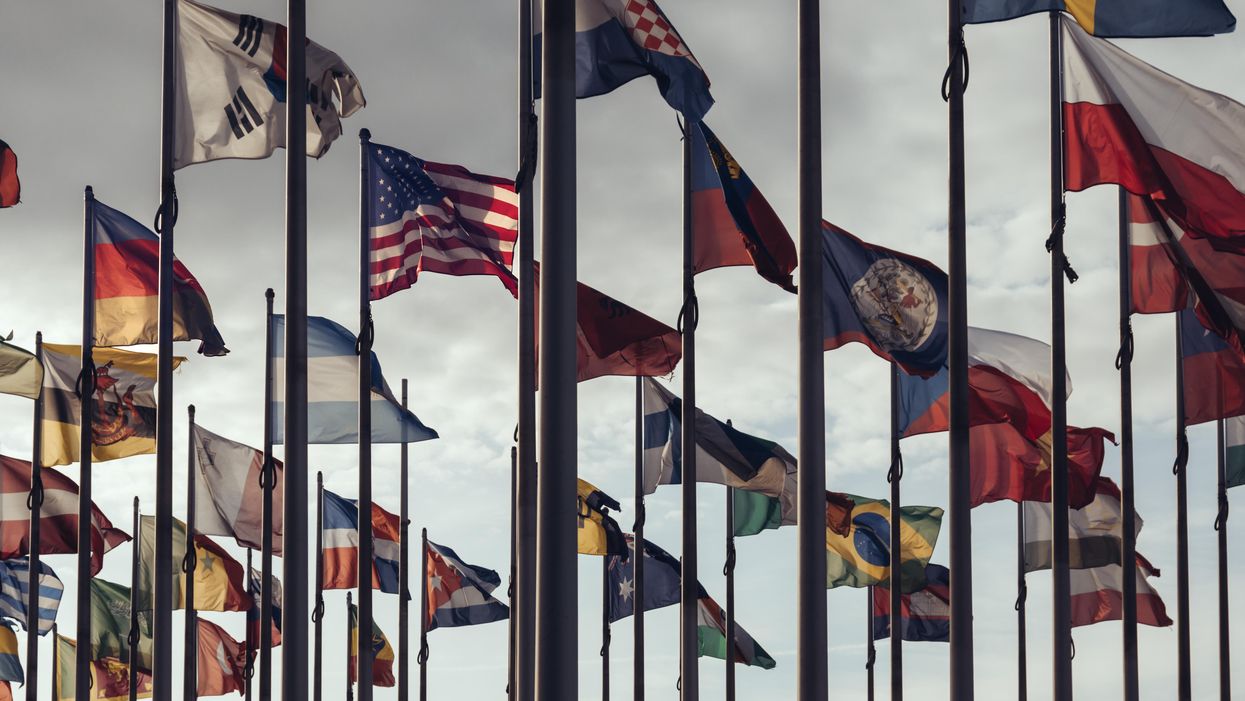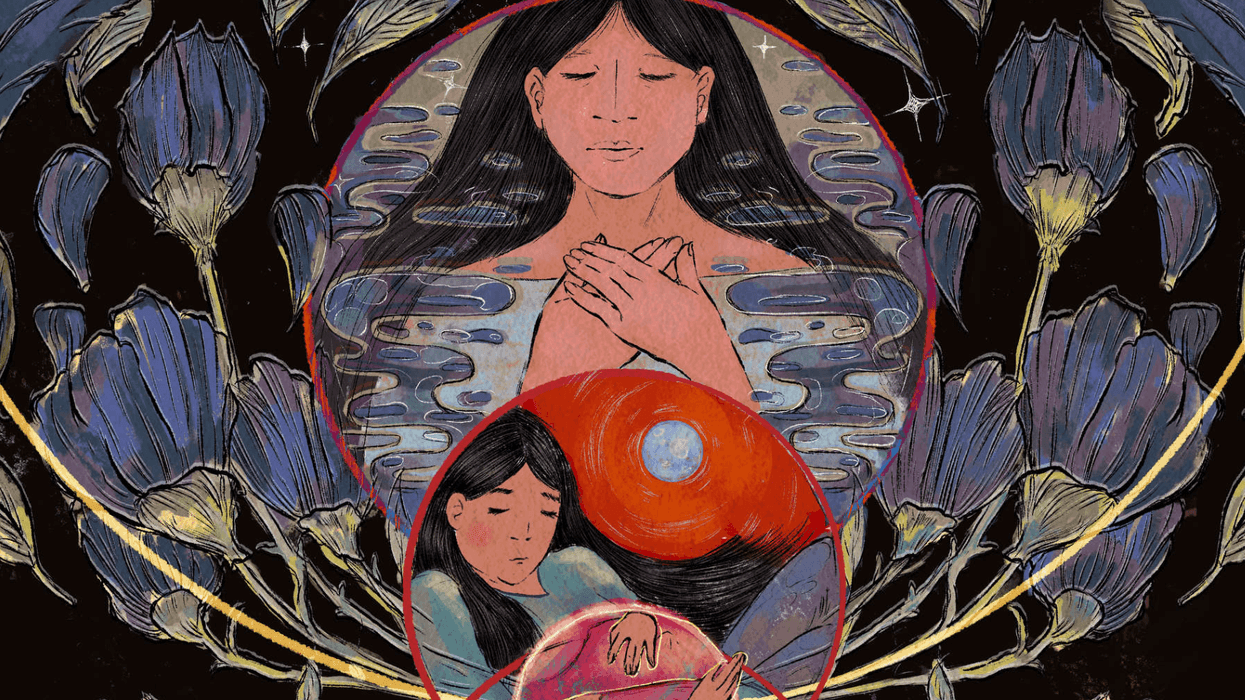More bad news for democracy defenders: A new report confirms worldwide declines in freedom for the 15th year in a row, and the United States isn't helping matters.
Freedom House, a nonpartisan research organization, on Wednesday released its annual report, Freedom in the World, detailing how global democracy was further weakened by the Covid-19 pandemic, economic and physical insecurities and violent conflict. While the United States is still considered "free," the country's score has continued to decline over the last decade, dropping 3 points in 2020 alone.
Countries were graded based on the political rights and civil liberties enjoyed by their populace, rather than government performance. This report is the latest in a series of studies calling attention to global issues involving democracy and corruption.
America's democratic integrity took serious hits from the contentious 2020 election, which was plagued by disinformation and attempts to undermine the results, led by former President Donald Trump. The country's response to the pandemic and instances of police violence against protestors advocating for racial justice also negatively impacted its score, per the report.
As a result, the U.S. scored an 83 out of 100, its lowest score to date and an 11-point drop since 2010.
"Only a serious and sustained reform effort can repair the damage done during the Trump era to the perception and reality of basic rights and freedoms in the United States," the report concluded.
Overall, 73 of the 195 countries analyzed in the report received lower freedom scores in 2020 than the year prior. Only 28 nations saw improvements. (The 94 remaining countries didn't have any significant changes.) This difference in the number of countries that improve versus worsen — the so-called "democracy gap" — has been growing over the last 15 years and saw its widest rift last year.
The 2020 report labeled 82 countries as "free," which is the fewest since 2005 and they account for less than 20 percent of the world's population. Meanwhile, the number of countries considered "not free" reached an all-time high of 54. And 59 countries were considered "partly free."
While Freedom House noted many losses for freedom last year, the report also recognized the resiliency of democracy and the many people around the world committed to fighting for it.
"Our report concludes that democracy today is beleaguered but not defeated," said Freedom House President Michael Abramowitz. "Its adversaries have grown more powerful, making the world a more hostile environment for self-government, but its enduring appeal among ordinary people — which we've already seen this year in places like Russia and Myanmar — bode well for the future of freedom."




















